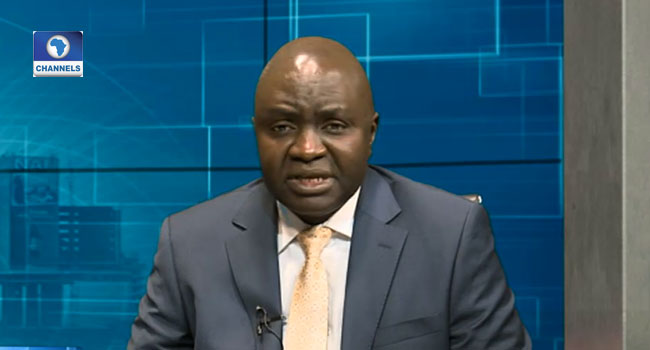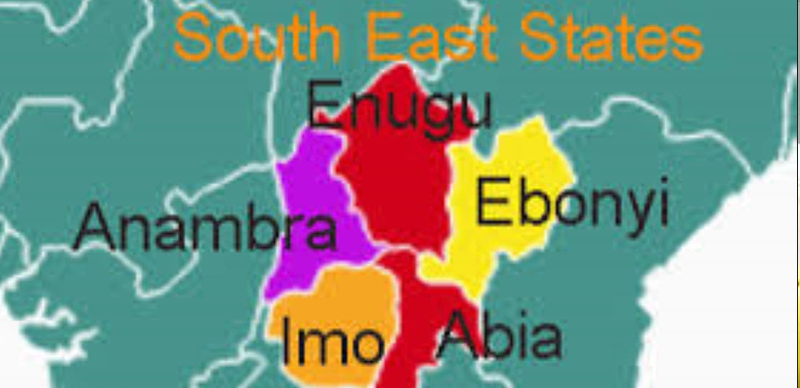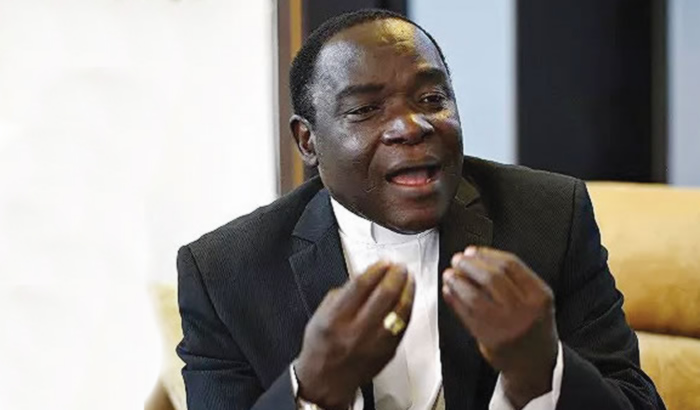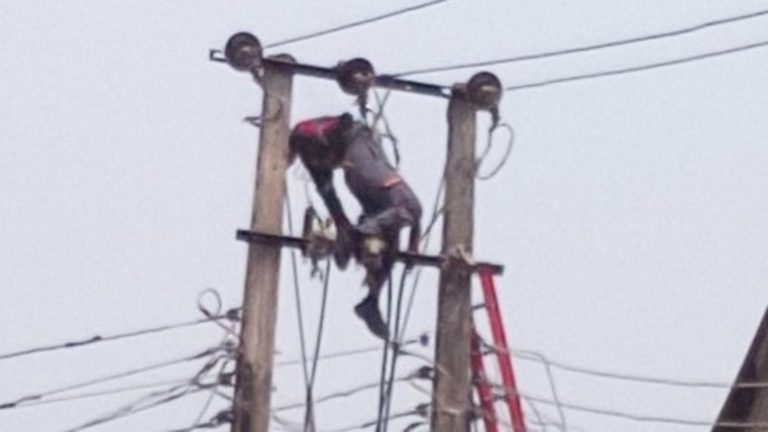Former Director-General of the Lagos State Chamber of Commerce and Industry, Muda Yusuf, has backed the removal of fuel subsidy, saying the move is necessary for the nation’s economy to stand.
Last week, the Minister of Finance, Budget and National Planning, Zainab Ahmed, had announced that the government would remove fuel subsidy and replace it with a monthly N5,000 transport stipend to about 40 million poor Nigerians.
Speaking during an interview on Channels Television’s Sunrise Daily, Yusuf condemned a situation, whereby the Federal Government spends N3 trillion annually on fuel subsidies.
“For this economy to continue to stand, this is something that has to happen. Look at the macro-economic effects, look at the effect on our reserves, look at the effect on our foreign exchange and more importantly, look at the effect on investments,” he said.
“How can we have a sector as important as the petroleum sector and we have a policy that is practically blocking investments into that sector because that is what this thing is doing.
“We cannot continue with a situation whereby we will be spending close to N3 trillion annually on subsidies and not just because of that, because of the investment, macro-economic implication,” he said.
“We are almost feeding the entire West African sub-region with our PMS. That is not sustainable unless we want to cripple the entire economy.”
He believes the current administration should channel the money being spent on subsidies to primary healthcare, basic education and rural roads.
While noting that the new government’s policy would not be easy on Nigerians, the former LCCI boss said the subsidy removal would have a lot of social implications.
One of these, he stated, includes inflationary implications, political costs for the ruling All Progressives Congress (APC) among other challenges.
According to Yusuf, the government has engaged the masses by proposing a minimum of N5,000 per month to about 40 million vulnerable masses .







